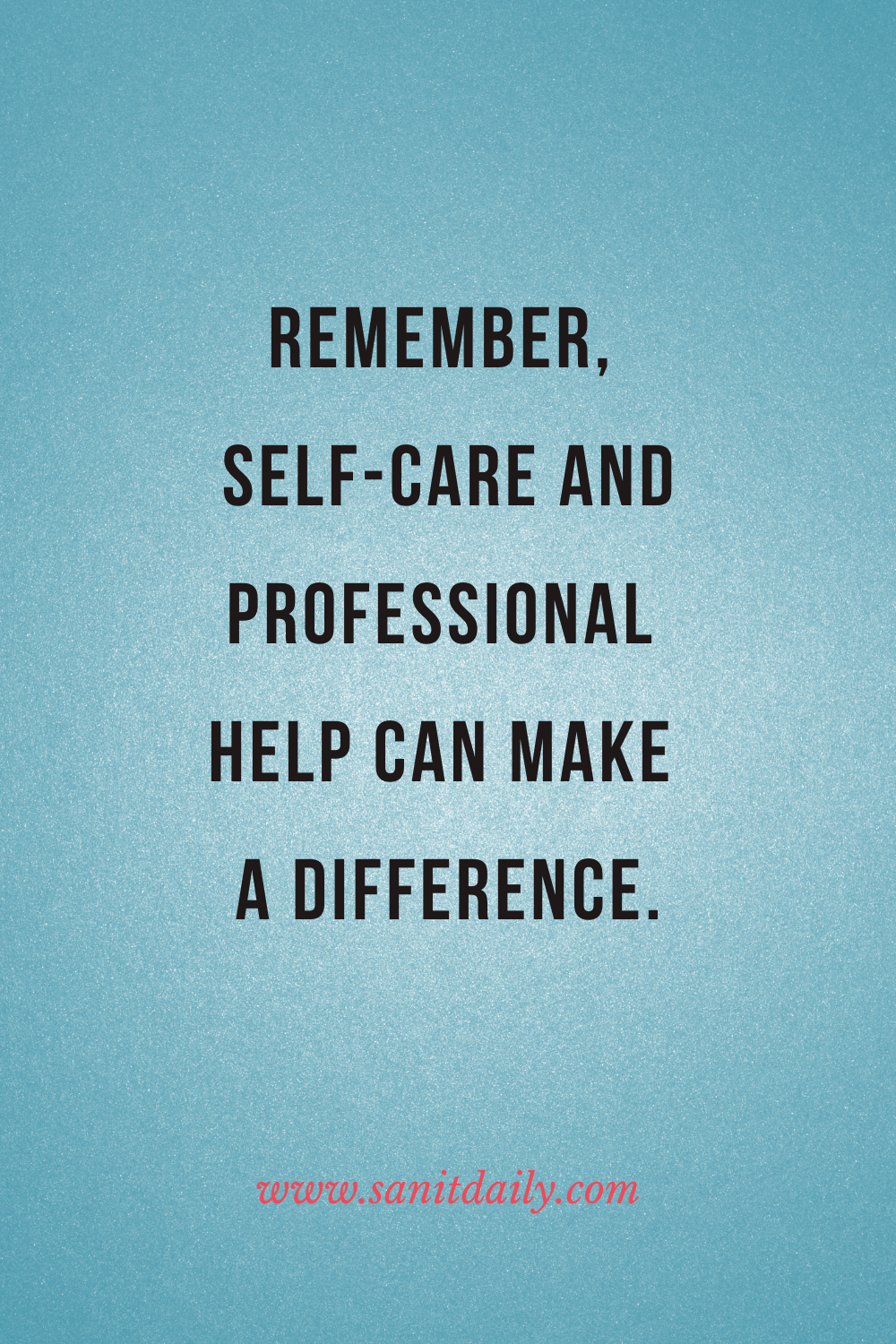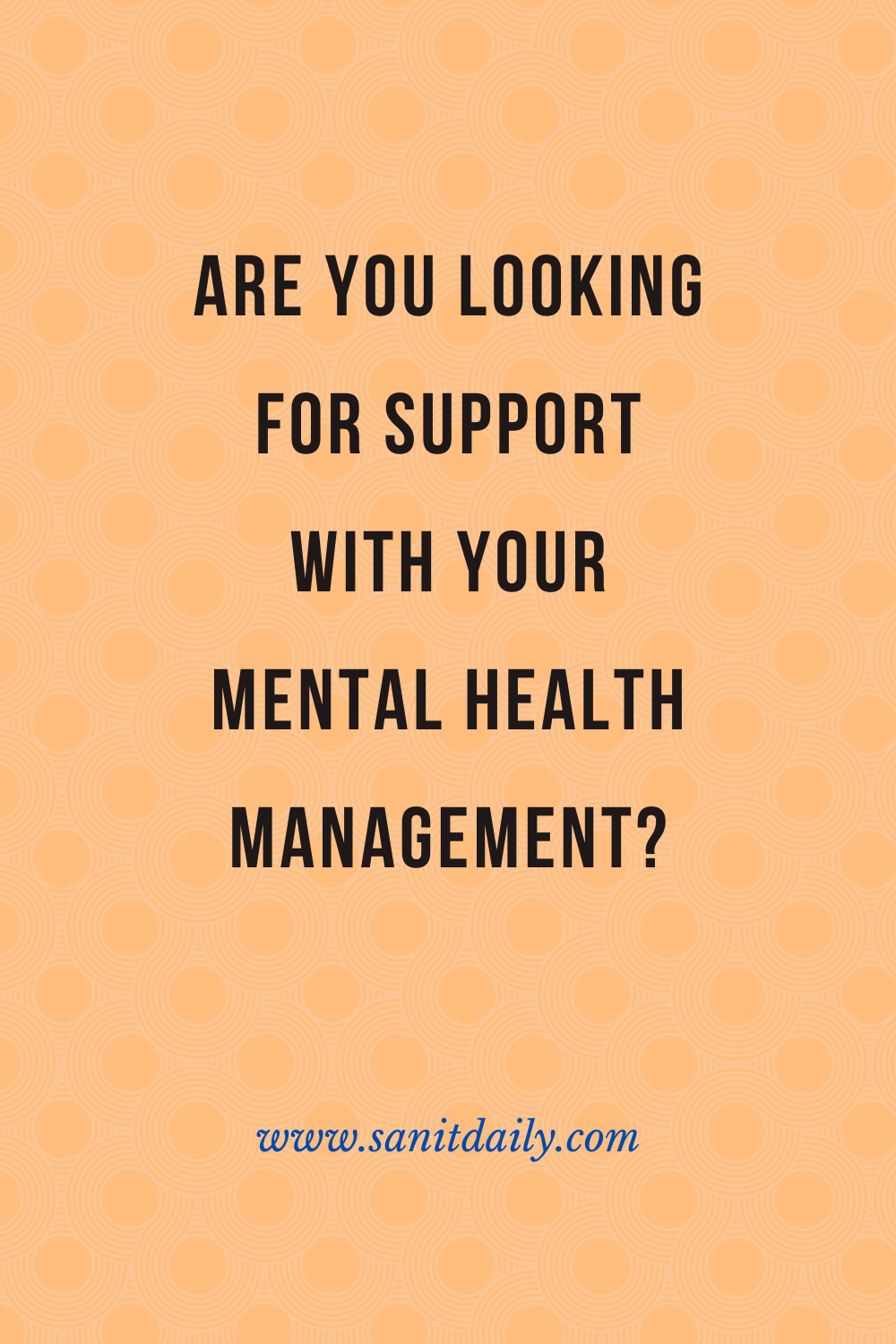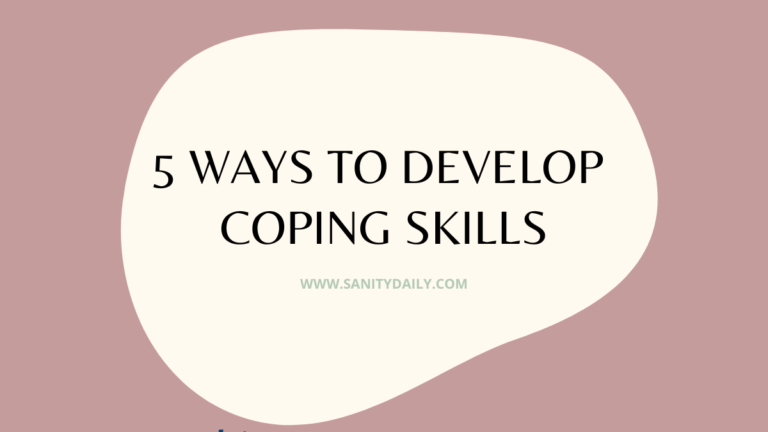With all of the uncertainty and upheaval surrounding the coronavirus pandemic, it’s no surprise that many people are struggling with their mental health right now.
We’re facing isolation from our loved ones, our routines are in a state of flux, finances are tight, and we’re all worried about what the future may bring.
Now more than ever, it’s important to prioritize your mental wellbeing to build the resilience you need to cope with tough times like these.

How to protect your mental health in tough times?
There’s a lot you can do to protect and improve your mental health, from adopting self-care behaviors to working with a mental health management space like Sanity Daily. Keep reading to learn more about the steps you can take to enjoy better mental well-being!
1. Seek Professional Help
Everyone deals with feelings of stress and sadness once in a while, so how do you know when your symptoms necessitate a visit to a mental health professional? There are a few things to consider when deciding if you should seek treatment. First of all, know that anyone can benefit from the guidance and support of a counselor or therapist. Don’t wait for your symptoms to become unmanageable; it will be easier to work through your concerns if you start early.
Of course, your budget will impact your ability to access mental health support. According to the US Department of Health and Human Services, most individual health insurance plans are required to cover mental health services, but insurance is a luxury that not everyone can afford. If you are eligible for Medicaid, you can take advantage of some mental health services which often include therapy, counseling, medication management, and treatment for substance use disorders. You can also seek affordable treatment from federally funded centers, nonprofit organizations, and some teaching colleges. Online teletherapy also tends to be more affordable than traditional therapy for many people.
2. Adopt Healthy Behaviors
Besides seeking mental health help, practicing self-care is one of the best things you can do for your mental well-being. If the pandemic has freed up a lot of your time, this is the perfect opportunity to adopt some healthy behaviors. For example, there’s never been a better time to adopt a consistent exercise routine. Thanks to the stress-busting, endorphin-boosting effects of exercise, engaging in physical activity will have a wide range of benefits on your mental health. Yoga is an excellent exercise option for beginners. When you’re ready to get your blood pumping, bust out your mat and start with a few beginner-friendly yoga moves!
3. Supplement Your Diet
Did you know that vitamin deficiencies can affect your mental health? Research has found that the lack of certain vitamins, such as vitamin D and B12, can worsen the symptoms of mental health conditions like depression and obsessive-compulsive disorder. Supplementing your diet with multivitamins or alternatives like ginger extract is a great way to support your cognitive health and ward off problems caused by deficiencies. Certain supplements can even improve your memory! Check out some online reviews for supplements on websites like Fitter Living to find the best products for brain health.

4. Make Sleep a Priority
Like diet and exercise, sleep is a core facet of mental well-being. Sleep deprivation has been linked to all kinds of mental and physical health consequences, including heart disease and depression. Lack of sleep can even trigger the onset of some psychological problems. If you’re having trouble sleeping due to the pandemic, there’s a good chance you’re also dealing with some mental health concerns. Talk to your doctor if you are having sleep problems that are impacting other areas of your life.
5. Practice Mindfulness
Mindfulness is a trendy word, but it has evidence-backed applications when it comes to improving mental health. Mindfulness is all about maintaining an awareness of the present moment and acknowledging your thoughts and feelings without judgment. You can practice mindfulness anytime and anywhere, whether you’re meditating, doing yoga, eating dinner, or shopping for groceries. Practicing mindfulness, especially in a calm and quiet meditation setting, can help relieve the symptoms of depression and anxiety.
6.Pick Up a Hobby
Keeping your mind occupied with relaxing and meaningful activities is another great way to protect your mental health during tough times like these. This is a great opportunity to pick up a new hobby! Making art, for example, can improve your mental health in several ways. If you’re struggling with your mental health but you don’t have anyone to talk to — or you’d rather not open up to someone about what you’re going through — art can give you a valuable channel for expressing your thoughts and feelings. Try creating some art and see how you feel!
Adapting to life during the coronavirus pandemic hasn’t been easy. If you’re facing mental health concerns right now, you’re not alone. Remember, self-care and professional help can make a difference. Are you looking for support with your mental health management? Workshops and personal development coaching can help. Contact Sanity Daily to book a session today!
About the Author:
Sophie Letts created Meditation Help to help others get started with meditation, dispel meditation myths, and provide the resources others need to connect with their bodies, calm their minds, and embrace their true selves. She has been practicing meditation for five years. Her practice has helped her in many ways, including improving her ability to focus and reducing feelings of anxiety.
…………………………………………………………………….
This blog post is part of the blog challenge ‘Blogaberry Dazzle’ hosted by Cindy D’Silva and Noor Anand Chawla, and generously SPONSORED BY Bugshield Clothing – Don’t Be Bugged!





2 Responses
Much needed. Thanks a ton for such great help.
Thank you so much, for reading🌻